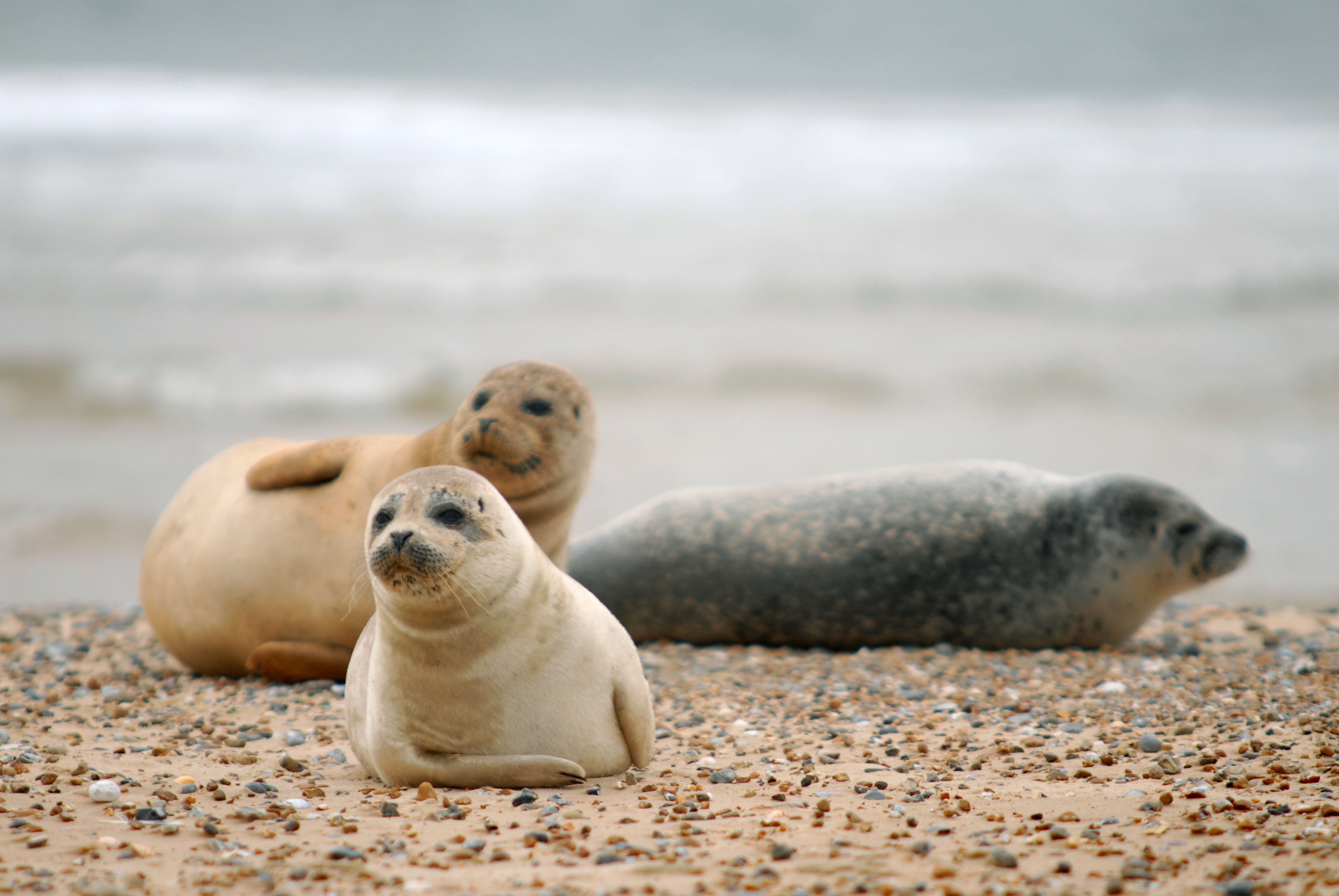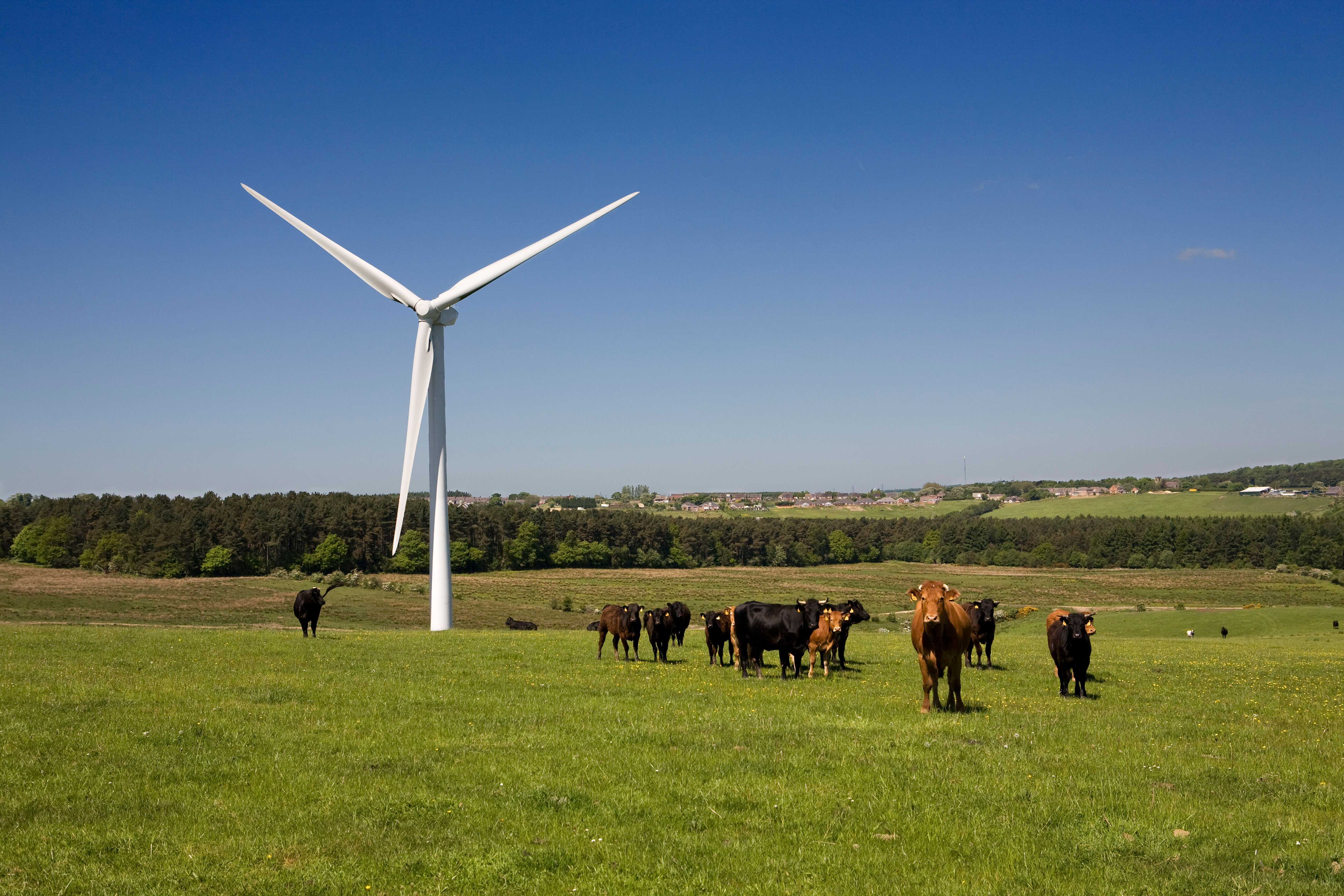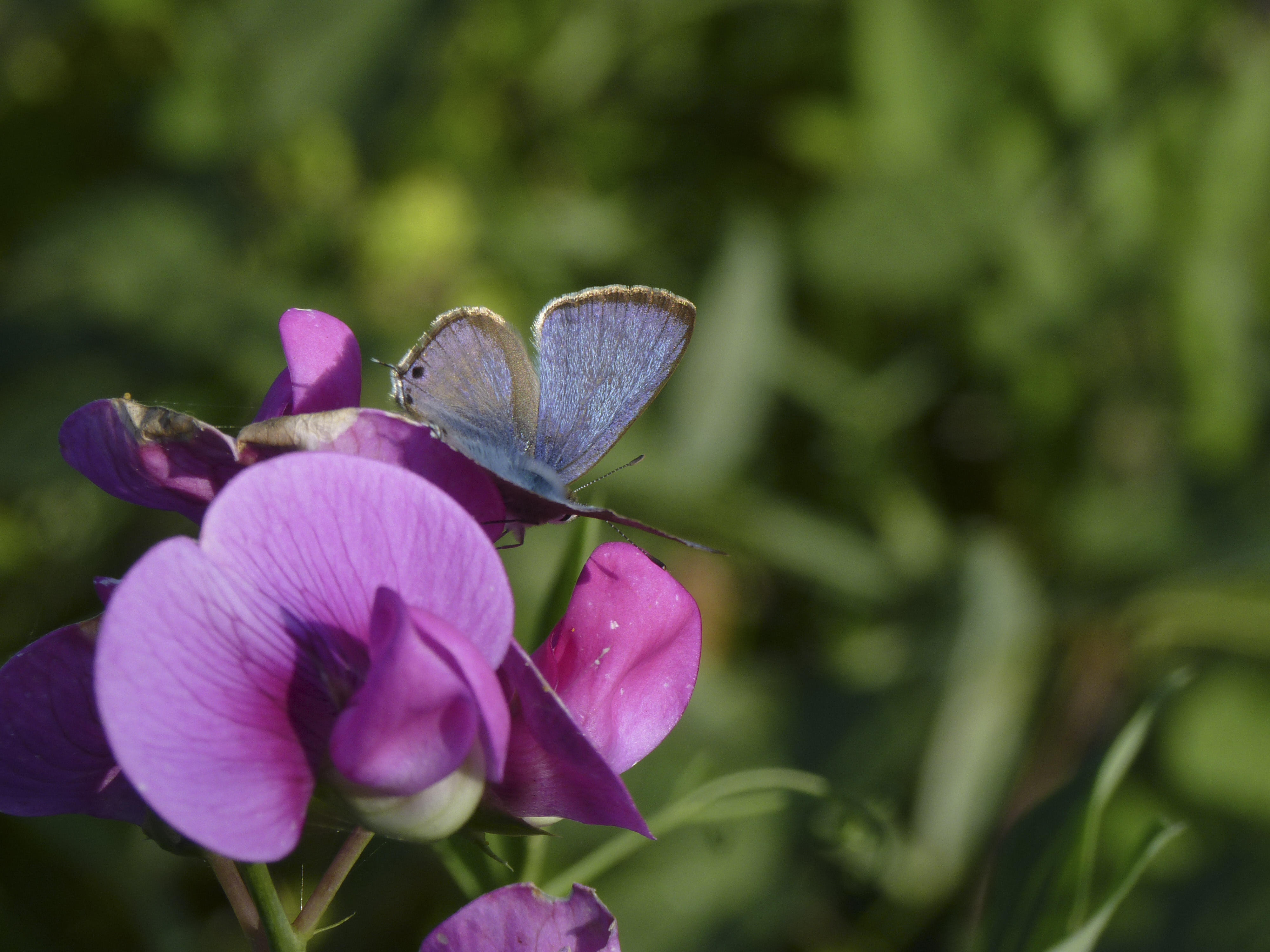Country Life Today: The No-deal Brexit house price crash
Today we look at property in a post-Brexit world, plans to transform Inverness Castle into a culture space, the fierce side of seals and why bats are getting a manicure.


Number-crunchers predict post-Brexit house price crash
Claim and counter-claim of the various Doomsday scenarios for post-Brexit Britain have tended to focus on clogged ports, shortages of food and medicine and small businesses forced to close. But it seems that house prices will be another casualty, according to accountancy firm KPMG.
'UK house prices could crash by as much as a fifth if Boris Johnson pursues a no-deal Brexit, and the biggest falls would be in London and Northern Ireland,' says The Guardian's article on the report.
The firm does make clear that '10-20%' is a likely worst-case scenario 'if the market reacts more strongly than anticipated'. They presently anticipate a more modest drop of 6%, though things will be worse in London and Northern Ireland where Brexit's ill-effects will be most keenly felt.
New future for Inverness's ancient Castle
Inverness has had a castle since the 11th century, every since Malcolm III razed to the ground the nearby base of Macbeth. In the course of the succeeding thousand years it's been fought over, burned down, rebuilt and destroyed once more.
Now, the present castle — which dates to 1836 — looks set for a rather more sedate future as a new culture, arts and heritage space. The castle is presently used as a law court, but the courts will relocate early next year and the new era can begin.
As part of the scheme, the castle’s two towers will be linked for the first time and a new museum will be created on the grounds of the Town House car park. Full story (The Press & Journal)
Exquisite houses, the beauty of Nature, and how to get the most from your life, straight to your inbox.
Look but don't touch: Warning to beachgoers to stay away from Britain's grey seals
Marine conservation charities are urging beach-goes to keep their distance from seals to prevent scaring the animals, which in turn may cause them to react and bite.

The warning follows an accident in which a distressed seal pup inflicted a ‘extremely nasty, very deep bite’ on a marine rescue volunteer. Read full article (Country Life)
Heightened danger for Great Barrier Reef
The future is looking grim for the Great Barrier Reef. Rising sea temperatures and pollution are killing off coral and destroying the marine habitats, leading Australian authorities to downgrade the outlook for the Reef from ‘poor’ to ‘very poor’.
Local conservationists believe it is possible to stem the decline but only if the Australian Government takes urgent action.
On This Day... the Great Fire of London started
Just after midnight on September 2, 1666, a fire broke out in the bakery of a Thomas Farynor in Pudding Lane. A strong wind blowing from the east fanned the flames towards Fish Hill and the Thames, where the fire found fresh fuel in warehouses brimming with oil, timber and ropes.
By the time it was put out, about 13,200 houses, 87 churches and 436 acres of land had been burned to the ground. London took more than 50 years to rebuild. And Mr Farynor? He and his family managed to escape unscathed by climbing onto a neighbour’s roof.
Discover three myths about the Great Fire of London with the Museum of London
Bright future for green electricity
Renewable sources have outstripped coal in generating electricity across the 36 country members of the Organisation for Economic Co-operation and Development in 2018.

Even better, in the UK, coal usage decreased by more than 64% in the five months from January to May 2019, compared to the same period last year.
Cornish anglers catch (and release) a porbeagle shark
Four Cornish friends who went shark-fishing for the first time in their life hooked a rare porbeagle shark, which some consider a distant cousin of the Great White, off the coast of Falmouth. After snapping a few pictures, they returned their catch — which is a critically endangered species — to the sea.
However, this caused a backlash on social media, with marine conservation charities calling for better education and reminding people that, if caught, porbeagles should be released in water and not brought on board.
And finally… why bats are getting a manicure
Scientists have used different colours of nail polish to mark the nails of Cuban greater funnel-eared bats in a bid to get a clearer idea of how many of them are left.
Once thought extinct, this rare species survives only in a cave in Western Cuba, with less than 750 animals remaining.

Country Life Today: Summer's most beautiful invader, and farewell to the model of the 21st century Duke
Today's round-up features wonderful news from a Somerset farm, a two-week project to clean-up the Cerne Abbas Giant and the
Carla must be the only Italian that finds the English weather more congenial than her native country’s sunshine. An antique herself, she became Country Life’s Arts & Antiques editor in 2023 having previously covered, as a freelance journalist, heritage, conservation, history and property stories, for which she won a couple of awards. Her musical taste has never evolved past Puccini and she spends most of her time immersed in any century before the 20th.
